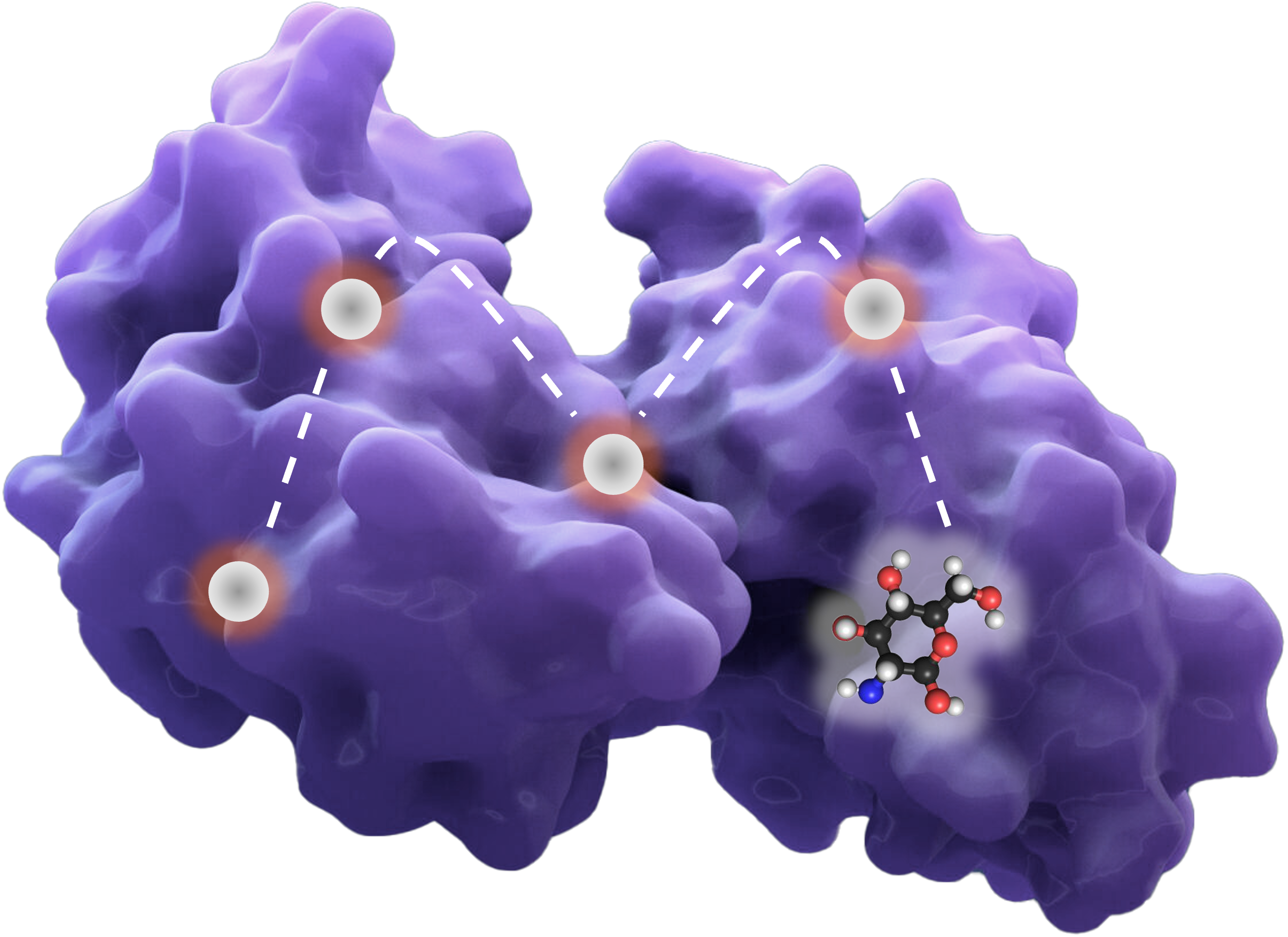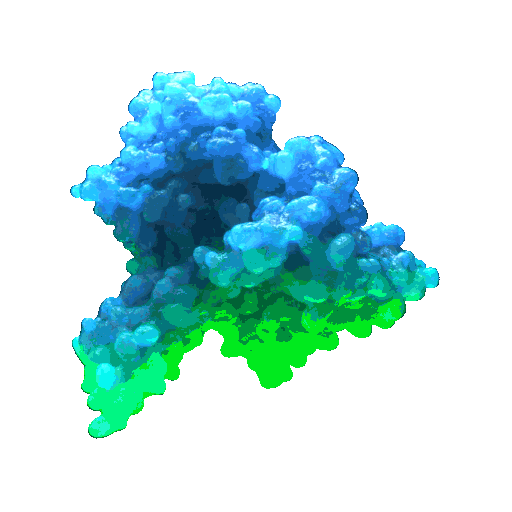Platform Technology
- Details
- Written by: web web
- Category: Platform Technology
- Hits: 327
Platform Technology
Magellan™
A Next Generation Allosteric Drug Discovery Platform
Exploring and exploiting the biology of proteins

Targeting proteins’ allosteric sites has become an increasingly important strategy in the design of small molecule drugs, opening up novel avenues for addressing a range of diseases, including those once considered 'undruggable'. Unlike conventional small molecules that interact with a target protein's natural orthosteric or active site, allosteric small molecules specifically bind to and modulate protein function at a distant site on the protein's surface. This distinctive mechanism enables precise and selective regulation of protein activity, potentially offering advantages over traditional small-molecule medicines.
Magellan™ is Gain’s platform technology that leverages AI-supported structural biology, proprietary algorithms and physics-based models powered by the cutting-edge CSCS Swiss National Supercomputing Centre to explore novel allosteric binding pockets on disease-implicating proteins.
Magellan™ in Action
Our EXPLORATION PROCESS
Target to Novel Molecules in as Little as 3 Months

Magellan’s unique machine learning AI models evaluate the 3D structures of proteins and potential allosteric sites.
By leveraging neural networks and physics-based molecular simulations, Magellan™ studies atomic positioning and dynamics to determine site interactions and ligand affinity to predict druggability of the allosteric pocket.
Utilizing an automated, virtual screening methodology, Magellan™ can explore a vast chemical space of on-demand compound libraries with over 50 billion compounds and identify proprietary, fit-for-purpose structurally targeted allosteric regulator small molecule candidates.
Through Magellan™, we create allosteric modulators that can affect protein function as dictated by therapeutic need, including protein stabilization, destabilization, degradation, inhibition and activation. Additionally, allosteric regulation offers an opportunity to develop combination therapies when drug resistance occurs or monotherapeutic approaches targeting the active site of the protein are ineffective or result in highly off-target toxicities.
